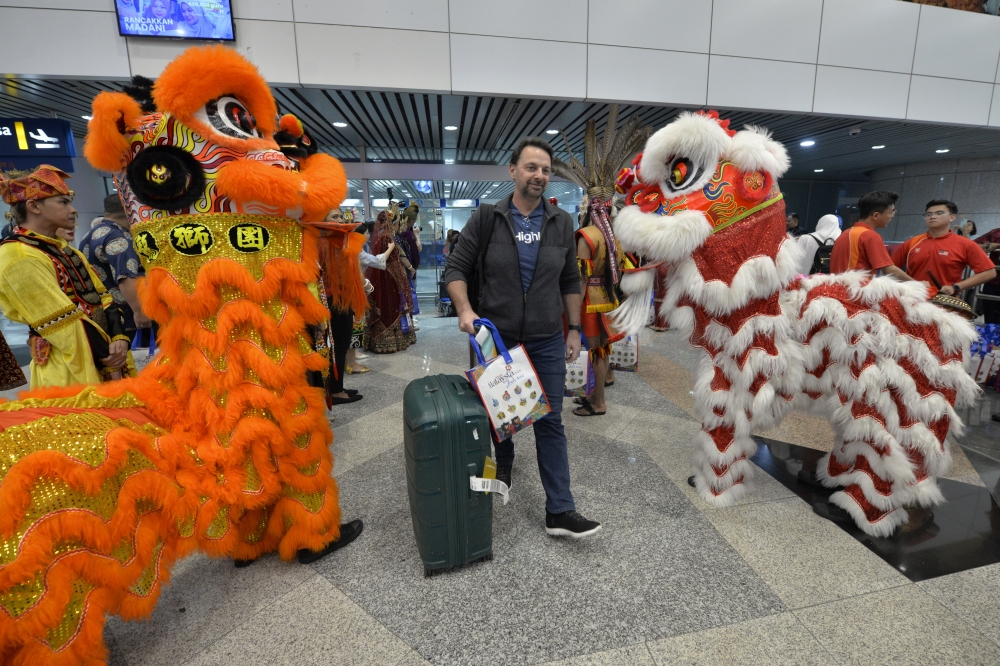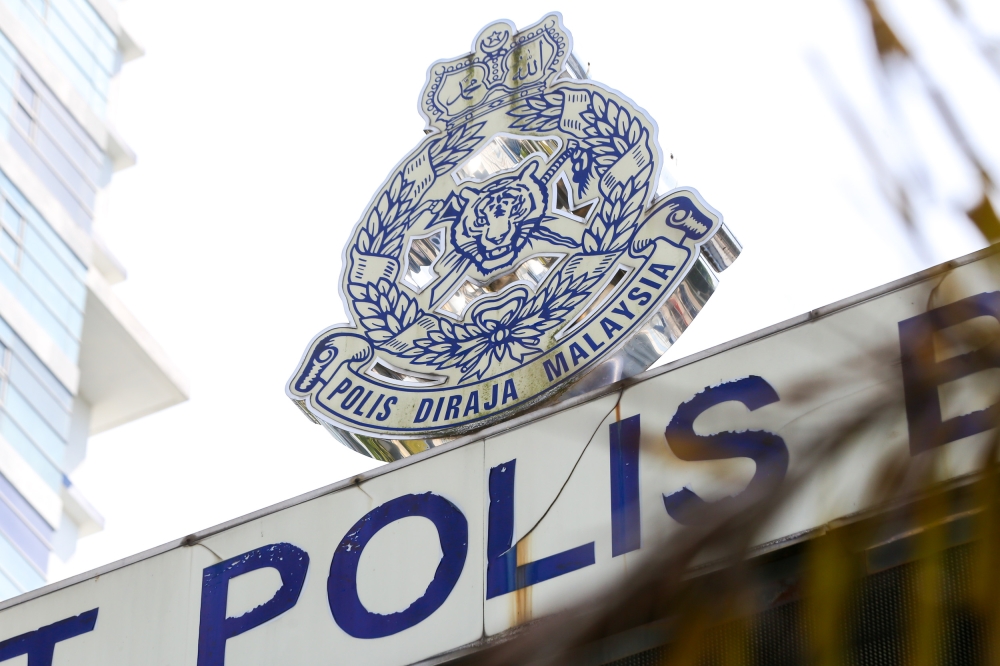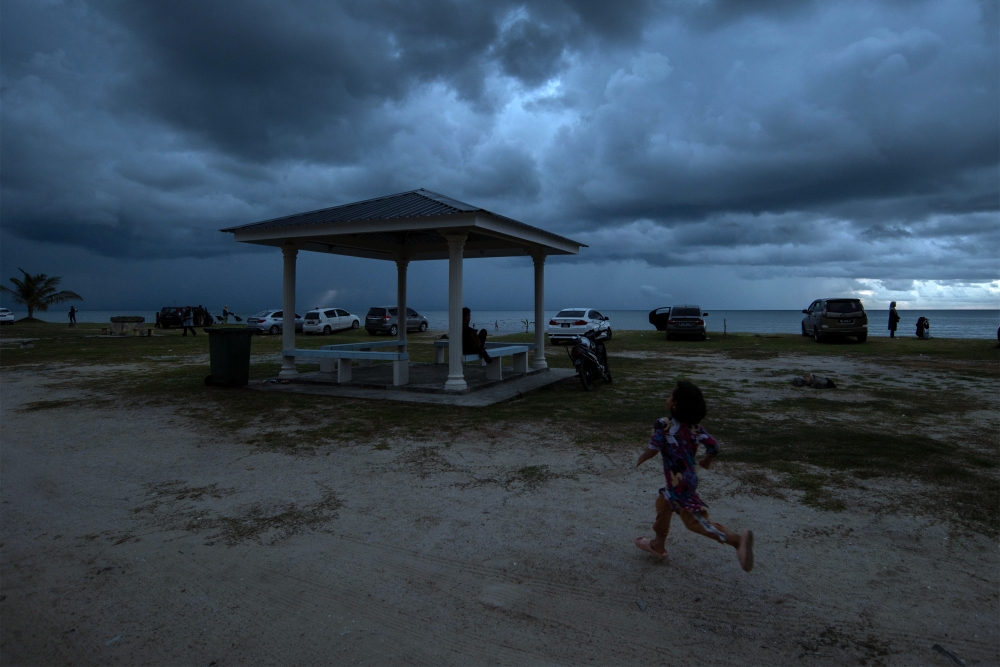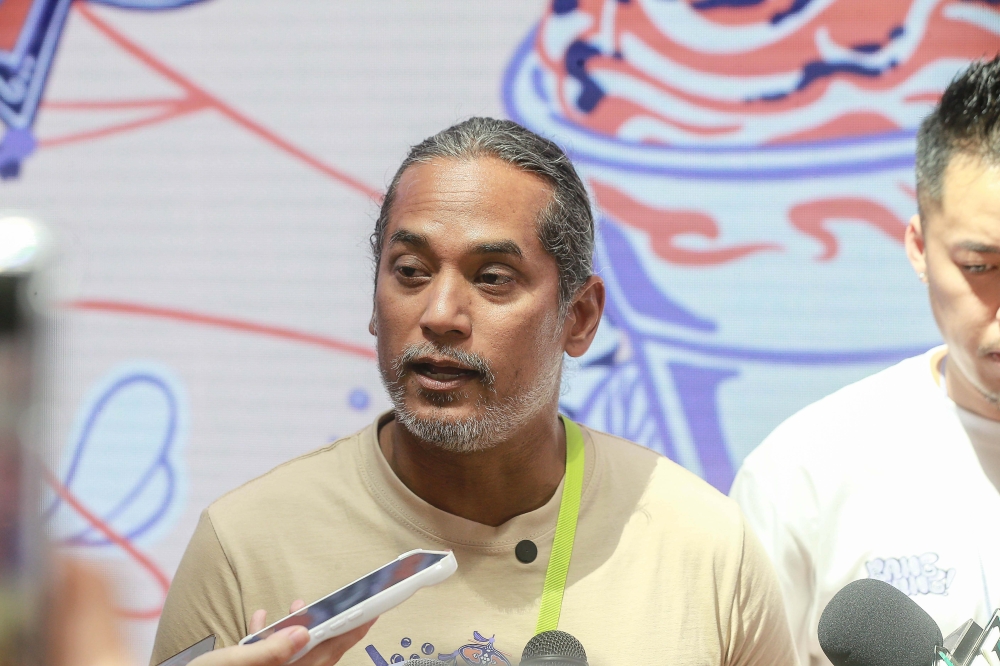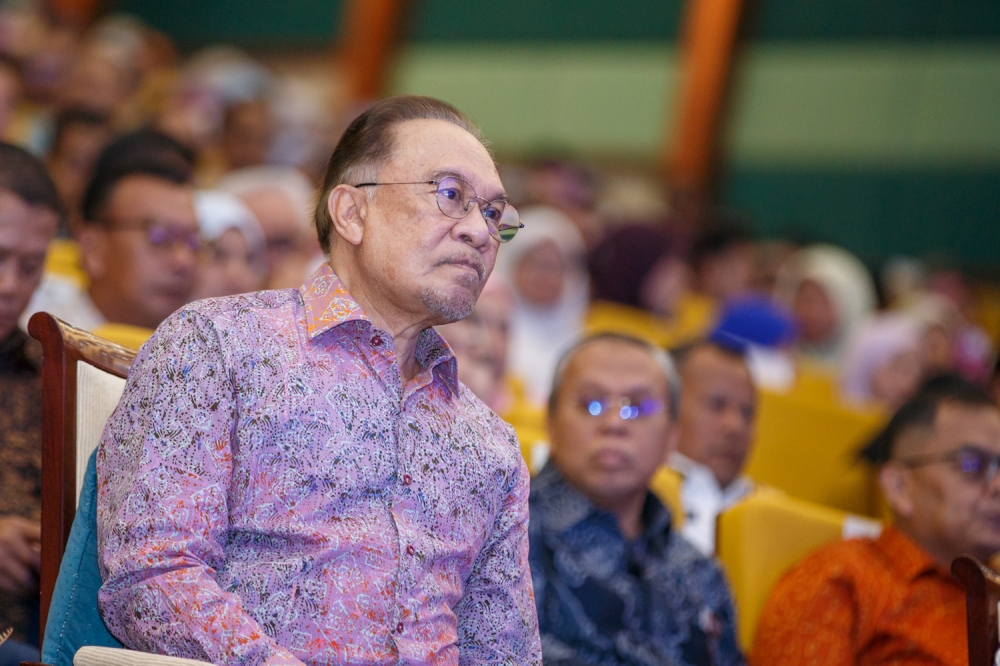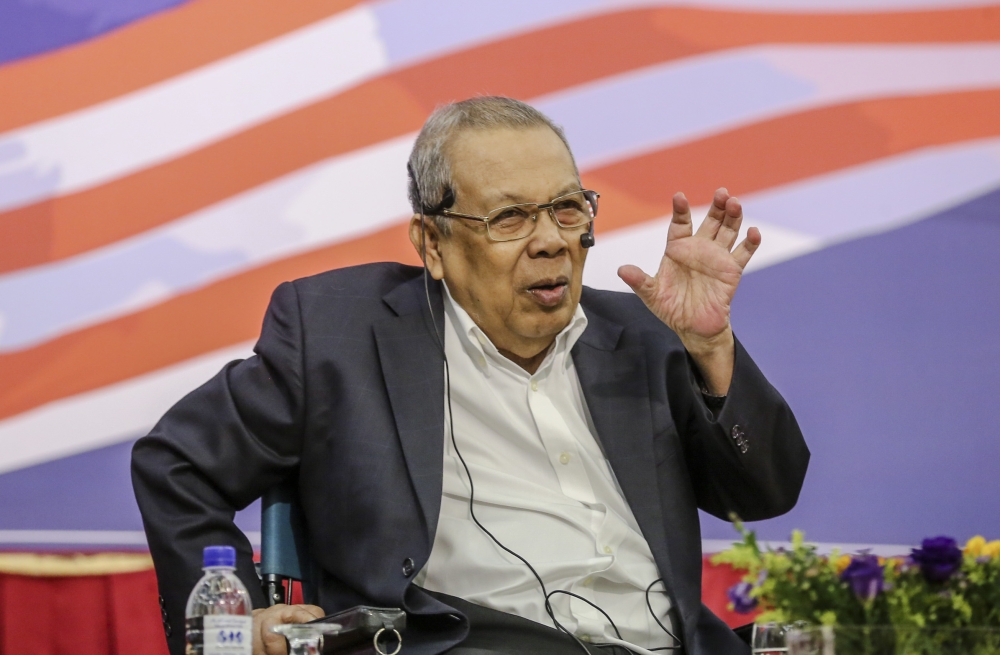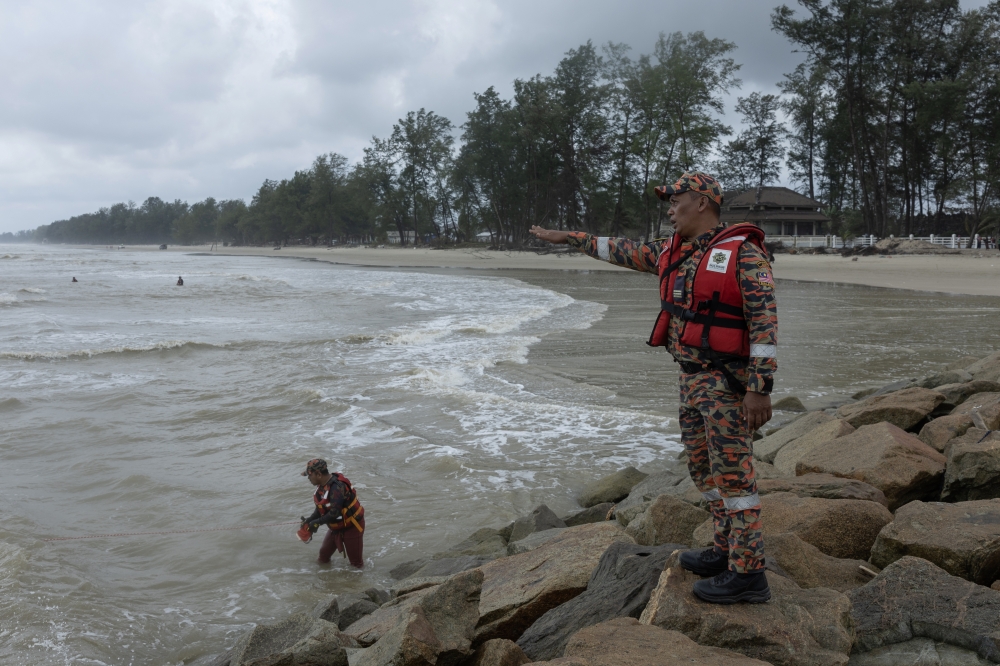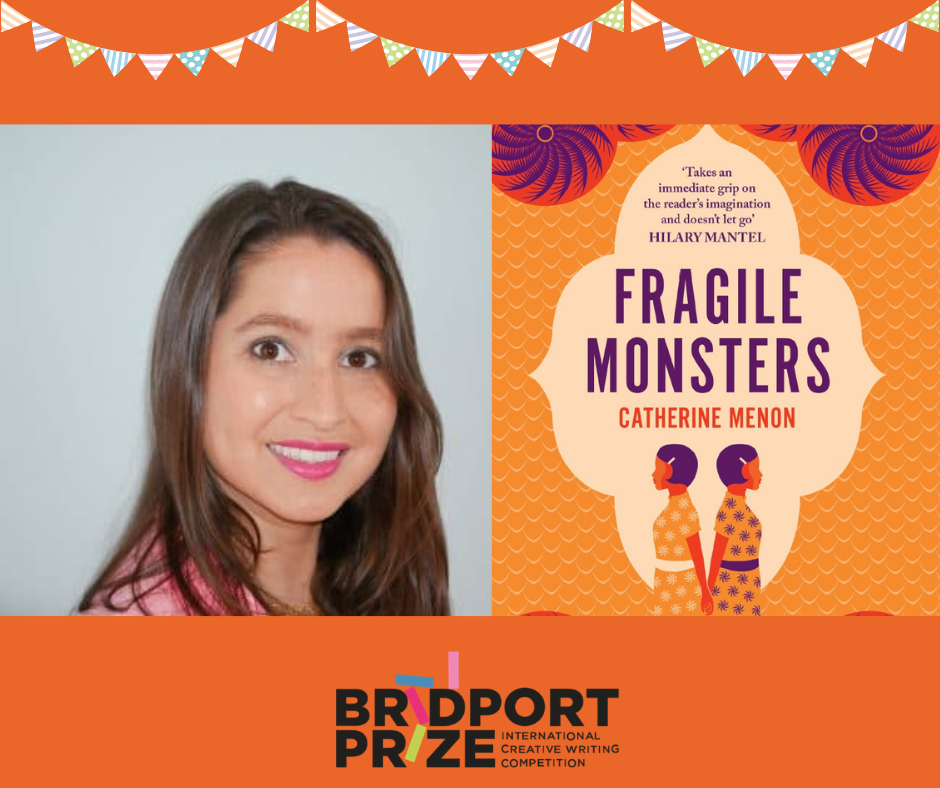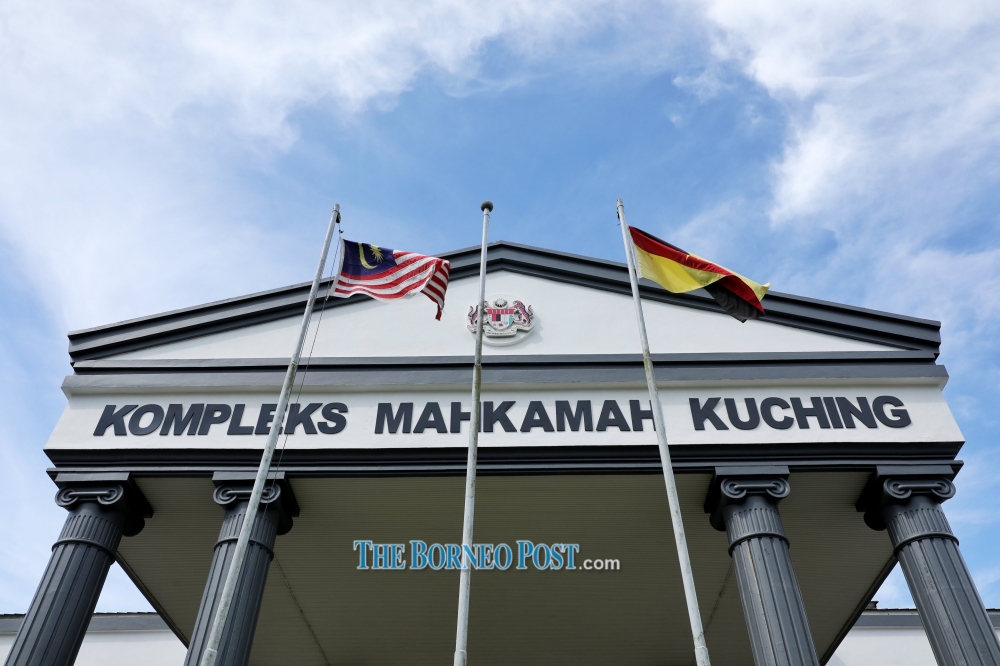KUALA LUMPUR, April 11 — Australian-British author Catherine Menon has attributed the inspiration behind her latest novel, Fragile Monsters to childhood stories her father used to tell her when he grew up in Kuala Lipis, Pahang.
Menon who was born in Perth, Australia to a British mother and Malaysian father said her father used to bring her on trips to Kuala Lipis when she was young and she grew up listening to his childhood stories.
“It was only as an adult when I realised the significance of Kuala Lipis in that traumatic time period. It was the headquarters of the Japanese army in Pahang, following the invasion of Malaya.
“I began researching in the British Library, reading memoirs and interviews with people who had lived through the war. It struck me that these people weren't talking about movements or ideology.
“They were talking about their families, their houses, how their children would go to school. They didn't live history, they were just living their lives. It was also intriguing how these people rewrote their own pasts that were so filled with trauma, as if they were choosing their own truths. We all do it —I've been astounded by my own memory.
“My brother and I have completely different recollections of this one big fight from when we were younger. Maybe, we both rewrote the past to make sense of it and put ourselves in the right.” she said in an interview with Tatler Malaysia.
She currently lectures in robotics and has a PhD in pure mathematics as well as a Masters in creative writing. She currently resides in London, United Kingdom.
According to the debut novel’s synopsis, it opens with Durga Panikkar, a mathematics professor who is returning home after a decade abroad to Kuala Lipis, Pahang to celebrate Deepavali with her grandmother, Mary.
When disaster strikes, both women are stuck together in the rising heat and forced to reconcile their different versions of the truth on what happened to Durga's mother during the traumatic events of the Malayan Emergency after World War Two.
Menon was also asked how Durga’s character seemed to mirror her real life, to which she replied that all of the events within the novel are fictional but represented an aspect of her.
“All the events in this novel are fictional. Nothing as dramatic has happened in my family but I will say that Durga definitely represents one aspect of me.
“Like me, she wants to find out where she fits in the story—something that most immigrant children feel. She is struggling to reconnect to her roots, trying to take hold of the threads of her past and pull them together to find out how she ended up where she did.
“And Durga's frustration of not being able to explain something away with a simple, neat narrative is something that really resonated with me,” she was quoted as saying.
To a question as to why she decided to write a book, Menon said she realised that writing fiction came from the same well of creativity as writing mathematical proofs when she moved to the UK.
“You know, until very recently, I felt like I didn't have the right to write. As a child, I was a huge bookworm — always scribbling stories in my little exercise books but writing was always regarded as a hobby.
“There was definitely a pressure to move towards more 'accepted' careers: medicine, finance, law, engineering. Both my parents are doctors and my brother is a lawyer and an engineer.
“When I moved to England and started a writing course, I realised that writing fiction comes from the same well of creativity as writing mathematical proofs. It doesn't have to be one or the other,” she said.
In a separate interview with The Guardian, Menon said she felt a responsibility to her father and there was obviously quite a lot of trepidation about showing him the book.
“What I wanted to avoid was trying to say: “I’m telling the story of Malaysia”, because, of course, there couldn’t be just one.
“Personal narratives will vary wildly and I wanted to get away from the idea of the facts being all-consuming; I wanted to, in some way, represent the emotional truth of what people have been through,” she said.
Menon also spoke about her life teaching robotics, explaining that she is currently focused on the safety of assistive robots.
“Assistive robots are robots that we might eventually have in our houses, so, for example, they might be used to help elderly people live independently by providing assistance with cooking, cleaning or even social companionship.
“My research looks at how we can show mathematically that the software in these robots is safe; for example, how we can be sure the robot will never accidentally “learn” unsafe behaviour while still letting it learn behaviours that make it useful and sociable to have around,” she told The Guardian.
She also revealed she was at the last stages of her second novel when asked what she was working on after Fragile Monsters.
“It’s about a Malaysian scientist who goes to study the salt marshes in Northumberland in the 1970s.
“They are incredibly eerie places, these huge stretches along the coast that get inundated by the tide and look like a seabed but when the tide goes out they are covered with these little plants that need salt water to survive.
“I’m not a botanist at all, but it’s absolutely fascinating, so the book is looking at what society was like in the 1970s and what scientific developments were going on at that time,” she said, adding that she spent about three hours daily working on her novels.


